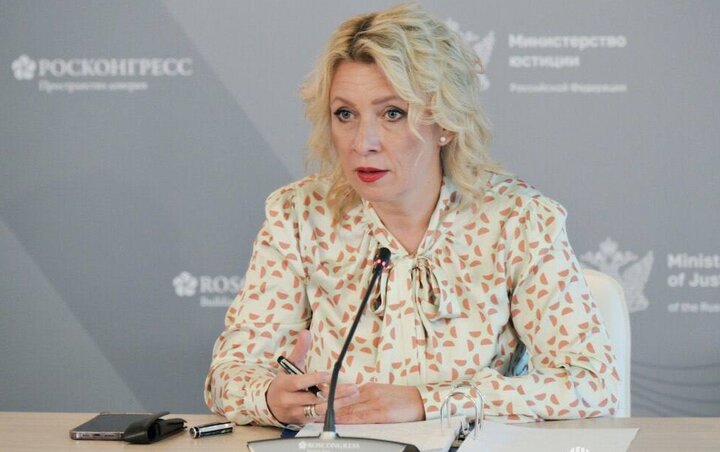Moscow Calls Triggering the Snapback Mechanism a “Legal Trick

Maria Zakharova, spokesperson for Russia’s Foreign Ministry, described the efforts by Germany, the United Kingdom, and France-known as the European troika-to reactivate expired UN sanctions against the Islamic Republic of Iran as deceptive. She asserted that their legal basis is invalid.
In a message on her Telegram channel, Zakharova noted that this issue relates to the snapback mechanism, which involves an immediate reactivation of old Security Council sanctions against iran.
She added that Europe engaged in trickery by bypassing the dispute resolution procedures outlined in Resolution 2231.
The Russian diplomat explained: “Parties must first address claims within a dispute resolution framework and onyl after exhausting all options should they refer matters to the UN Security Council.Contrary to allegations from these three European countries, this mechanism was not followed. London, Paris and Berlin omitted these stages and directly submitted a letter to the Security Council. From an international law viewpoint, this resembles deception: if you violate rules yourself, you lose your right to use mechanisms set by those rules.”
Zakharova emphasized that on August 28 they sent a letter to the Security Council; today September 27 marks the end of its 30-day period. The UN Security Council did not adopt a resolution extending exemptions from restrictions and sanctions against Iran. According to London, Berlin and Paris’s interpretation, therefore this exemption officially ended. On October 18-three weeks from now-the nuclear agreement expires; due to limited time before Russia assumes presidency of the Security Council, European countries pushed their decision at any cost. both Russia and China opposed this move. The issue extends beyond politics-it reflects an effort to preserve full legal integrity.
According to Zakharova, Moscow and beijing made their final effort on September 26 to uphold legitimacy and extend Resolution 2231’s effects at the UN Security Council.
She stressed that this could have provided time for diplomatic solutions and avoided unpredictable escalation; however Europe sought acute escalation because it was rushing-they faced losing influence after October 18. Consequently, no extension of the Security Council resolution occurred as western members voted against it.
The Russian diplomat concluded: “In other words, they violated two essential principles of international law: pacta sunt servanda (‘the necessity of keeping promises’) and *the clean hands doctrine*.The West has endangered systems of balance and oversight.”


